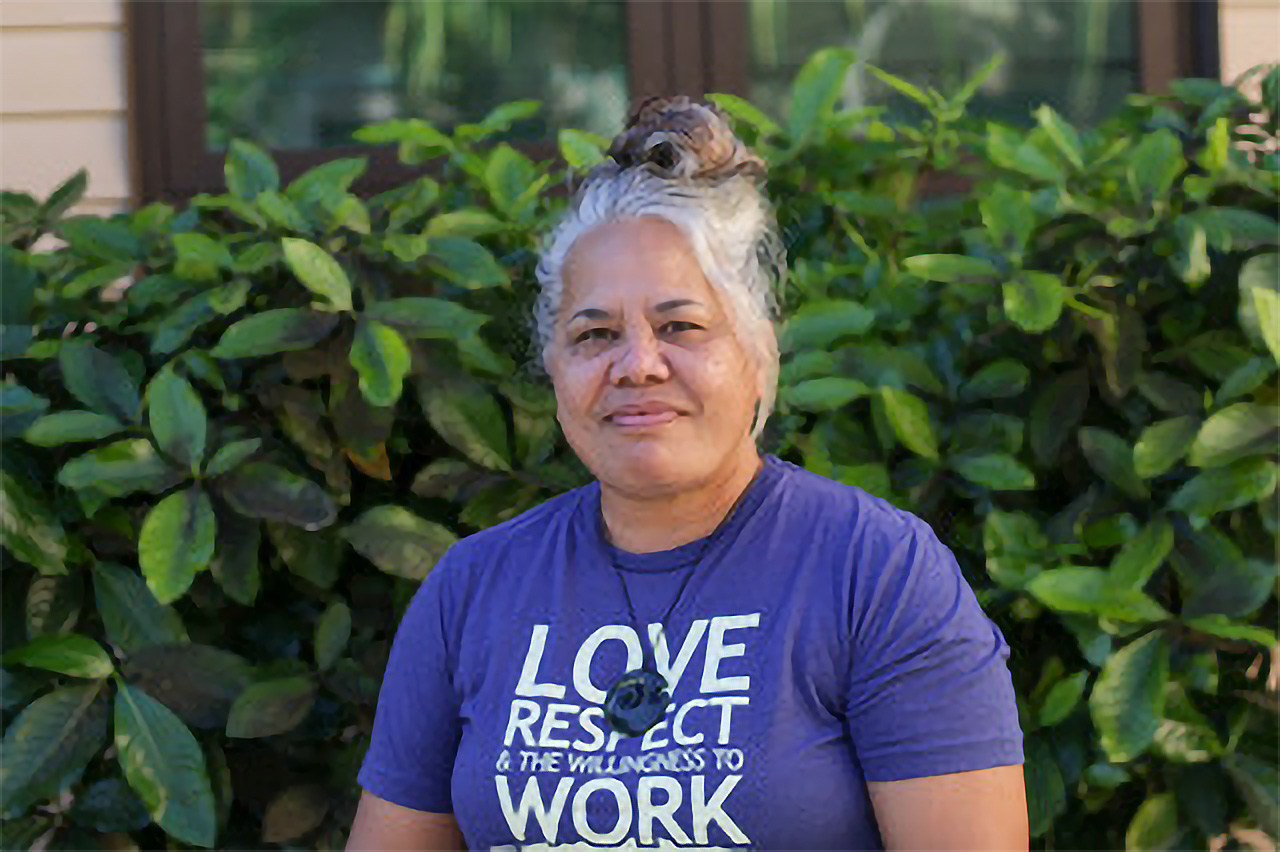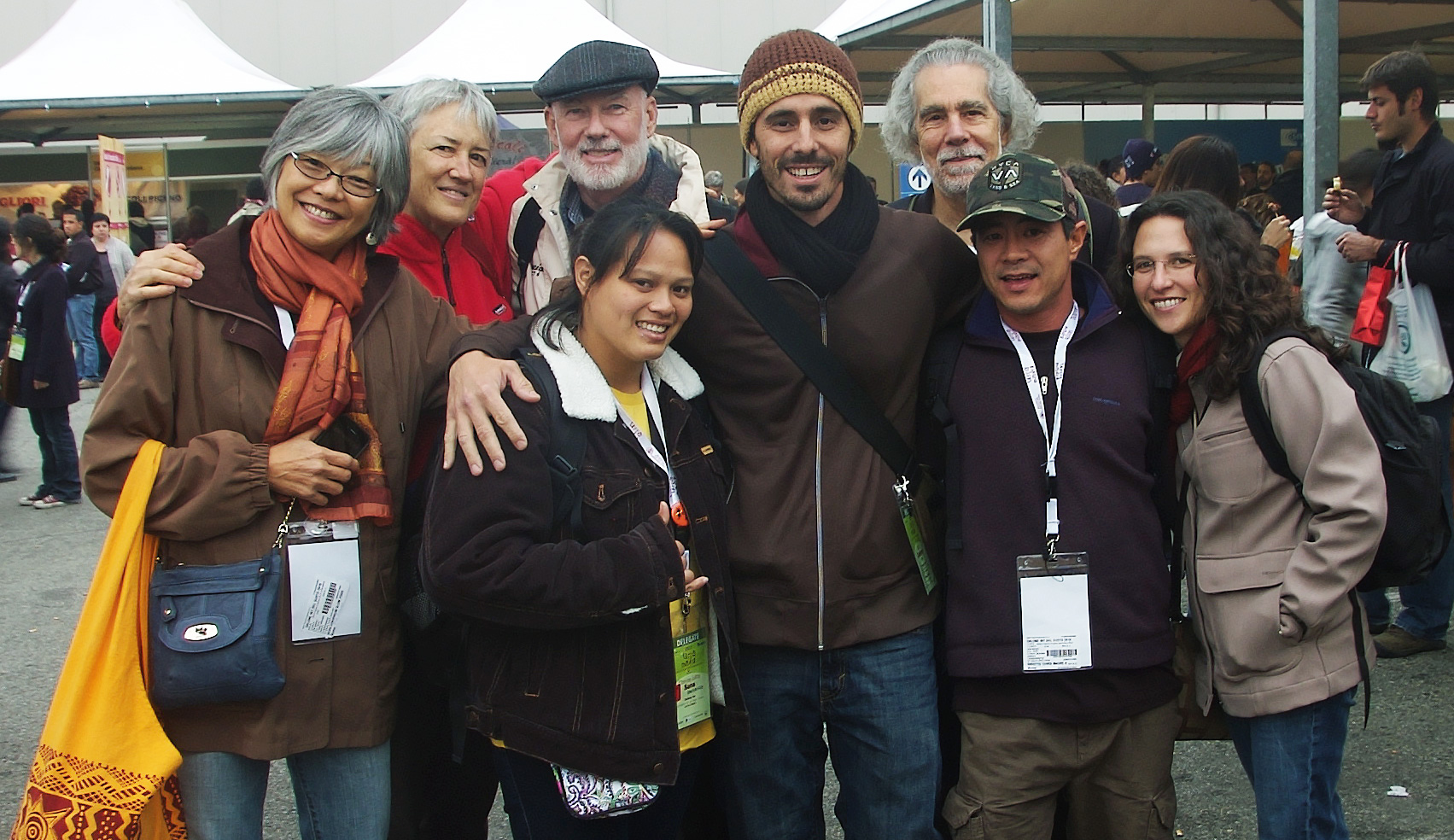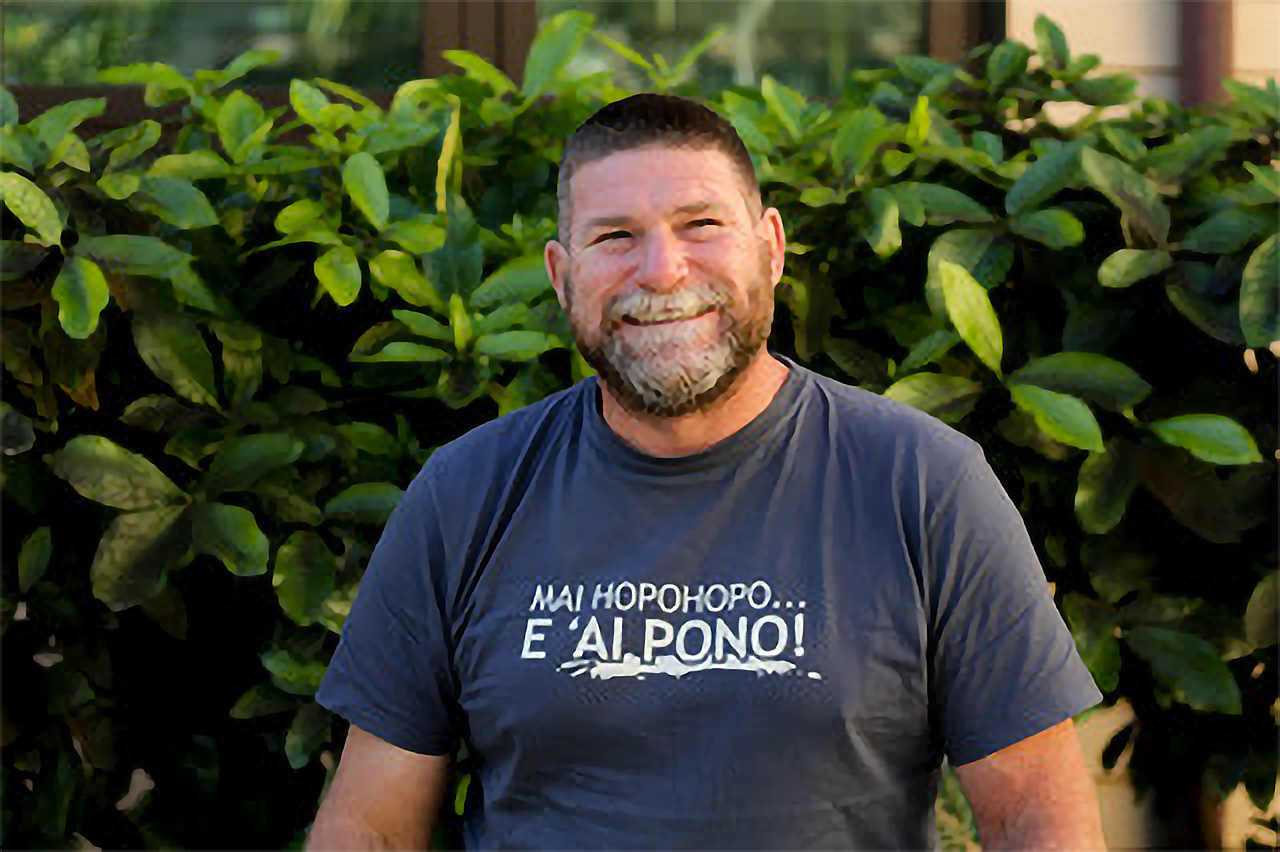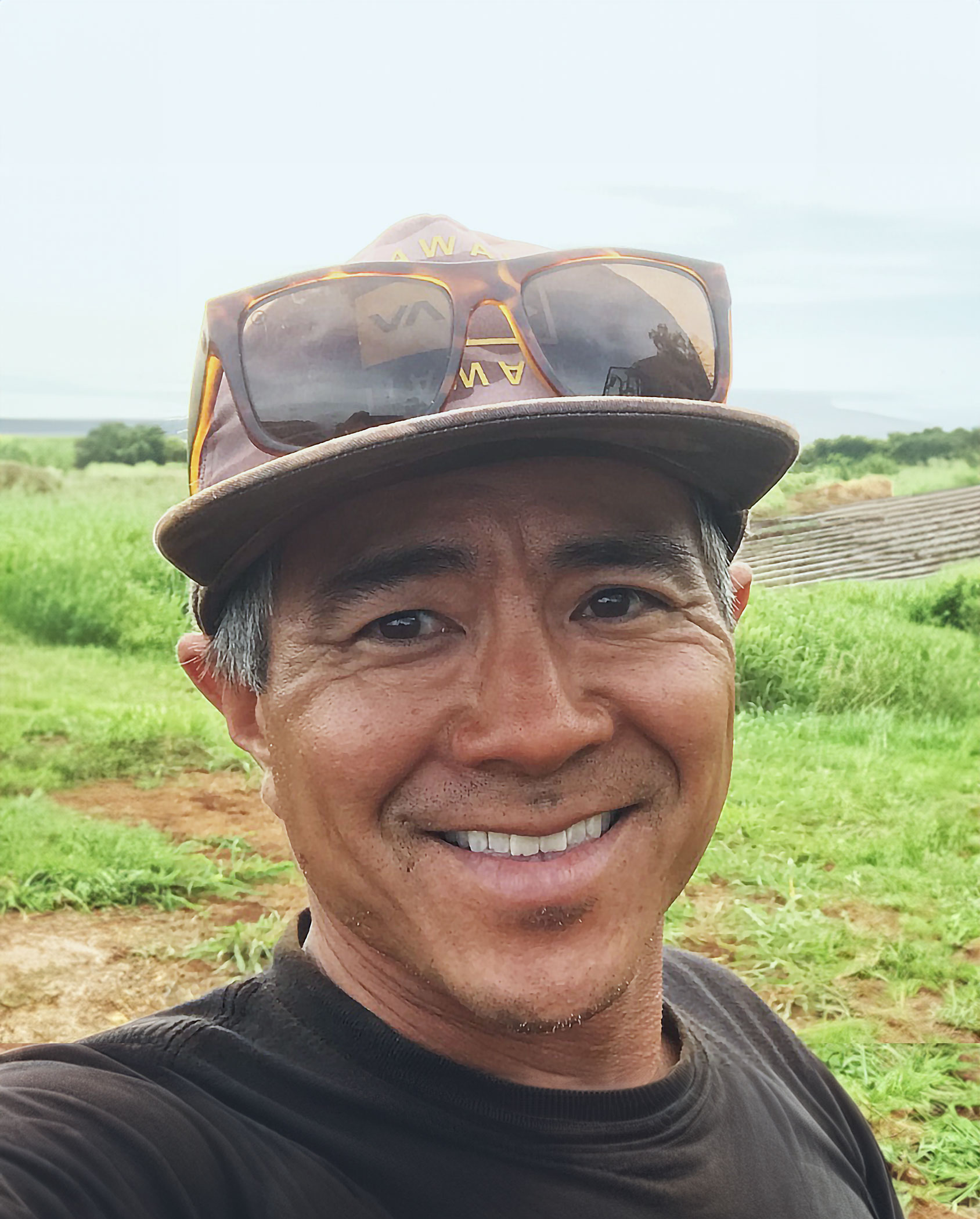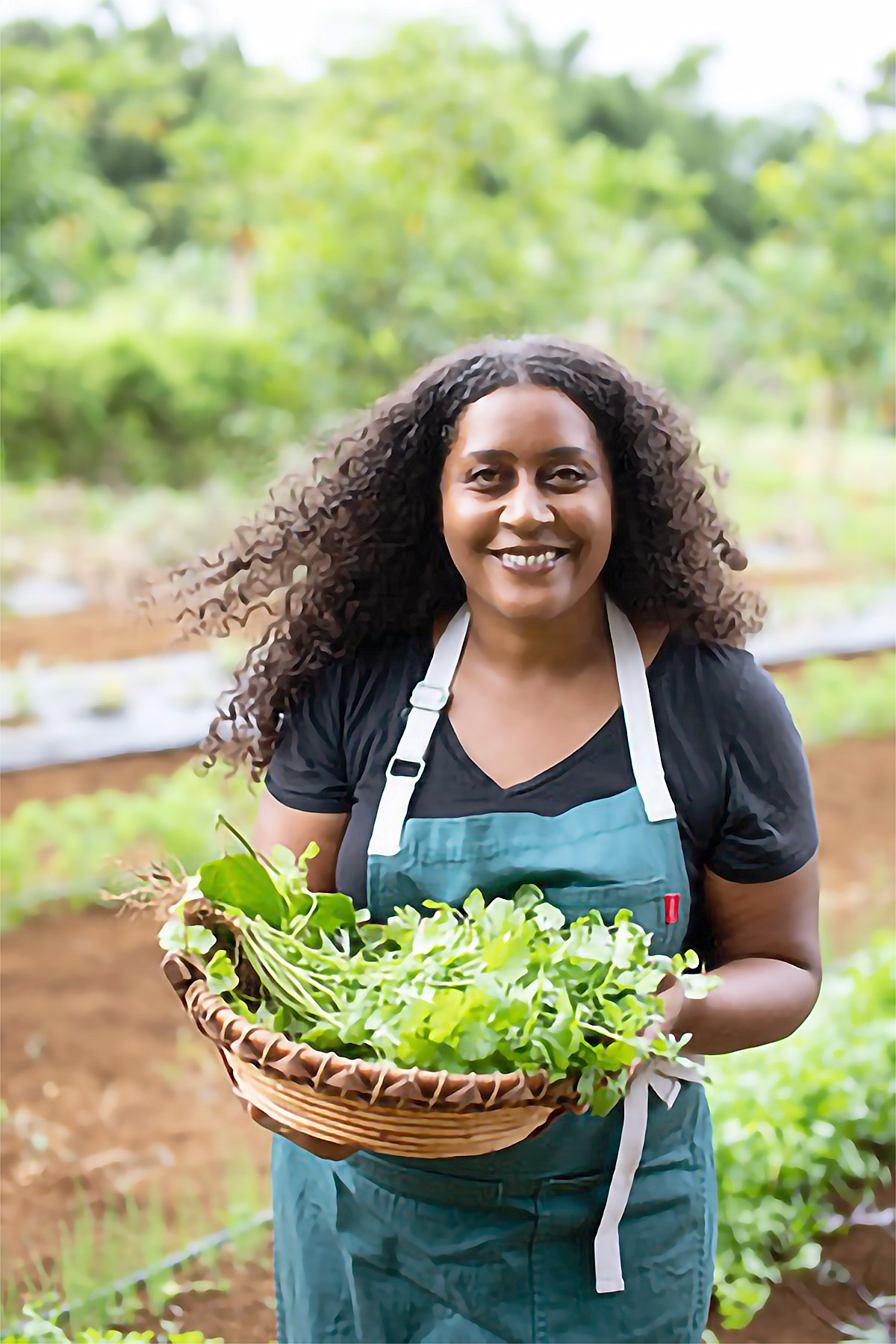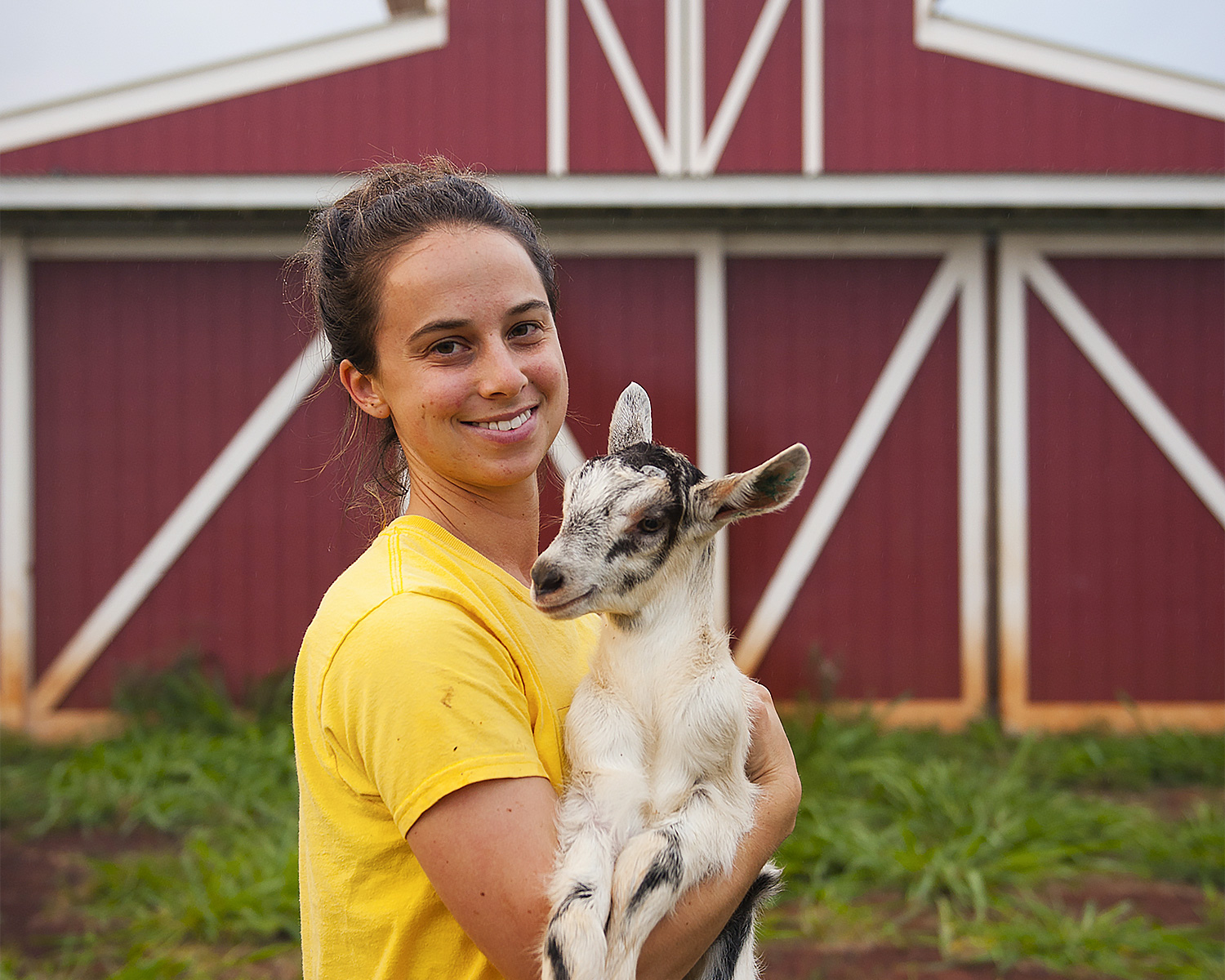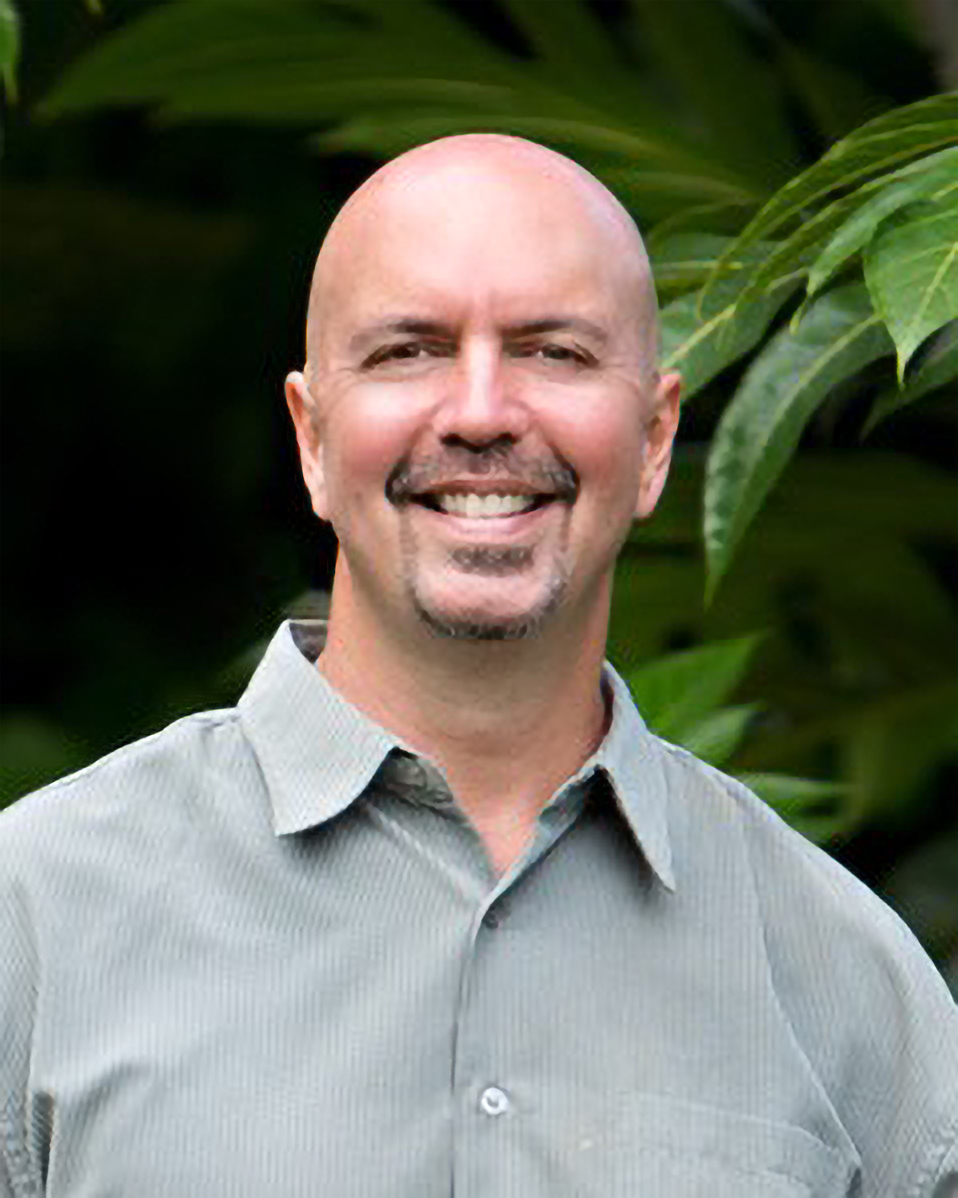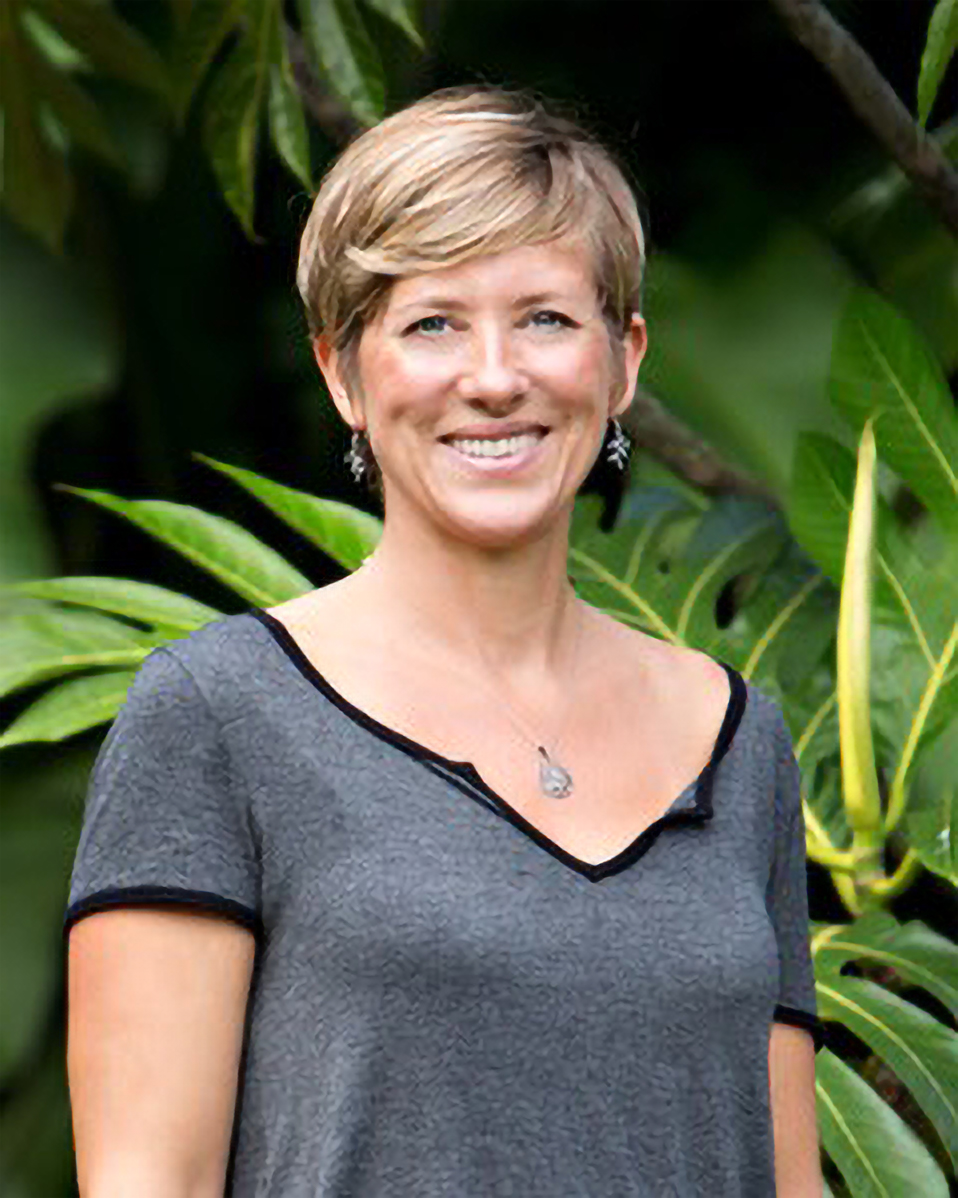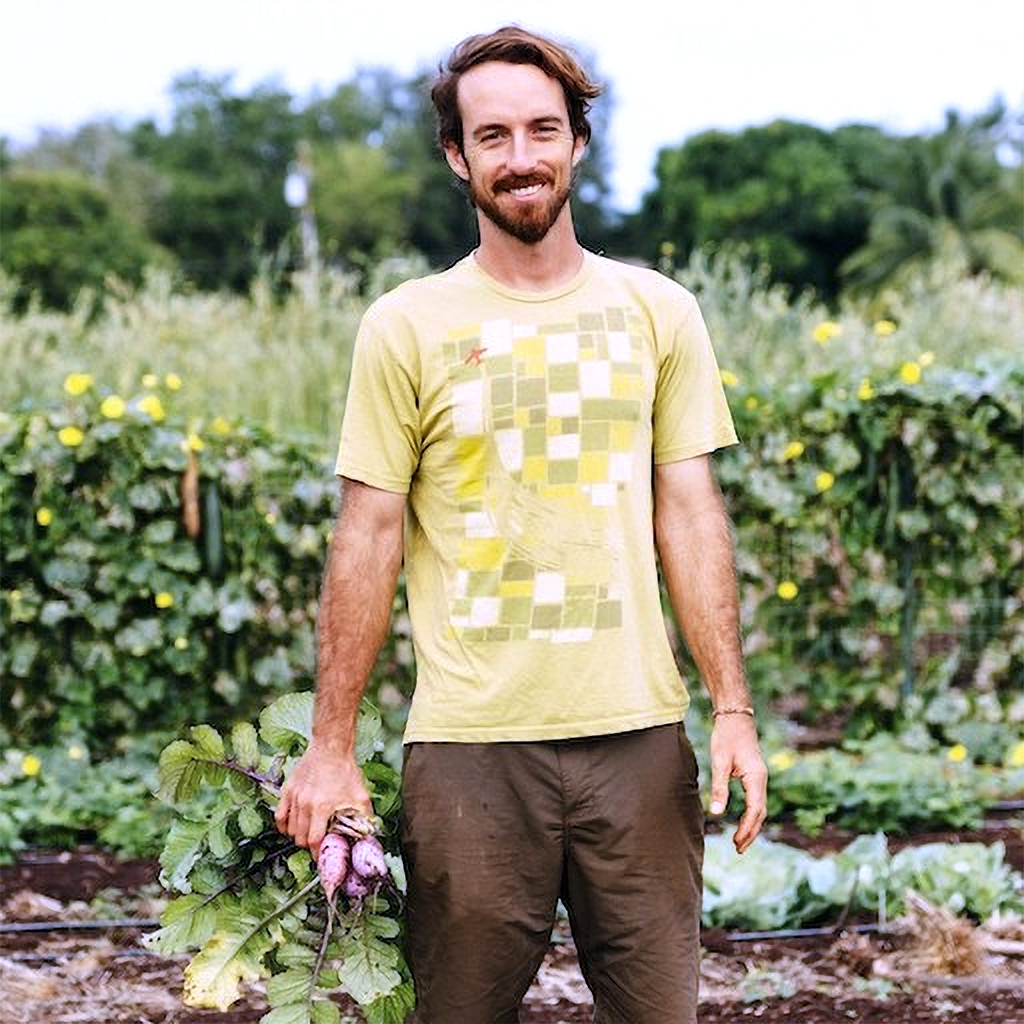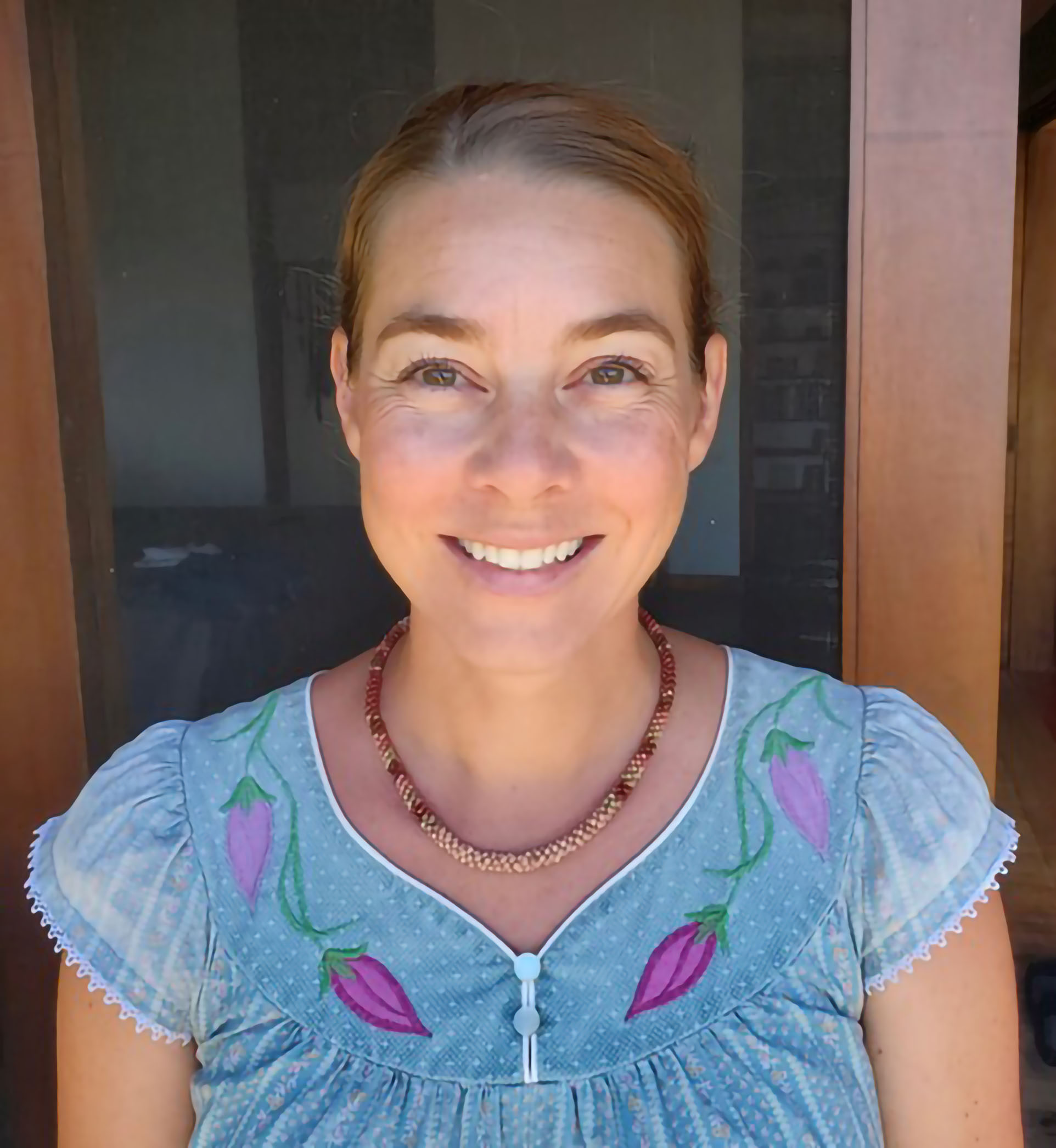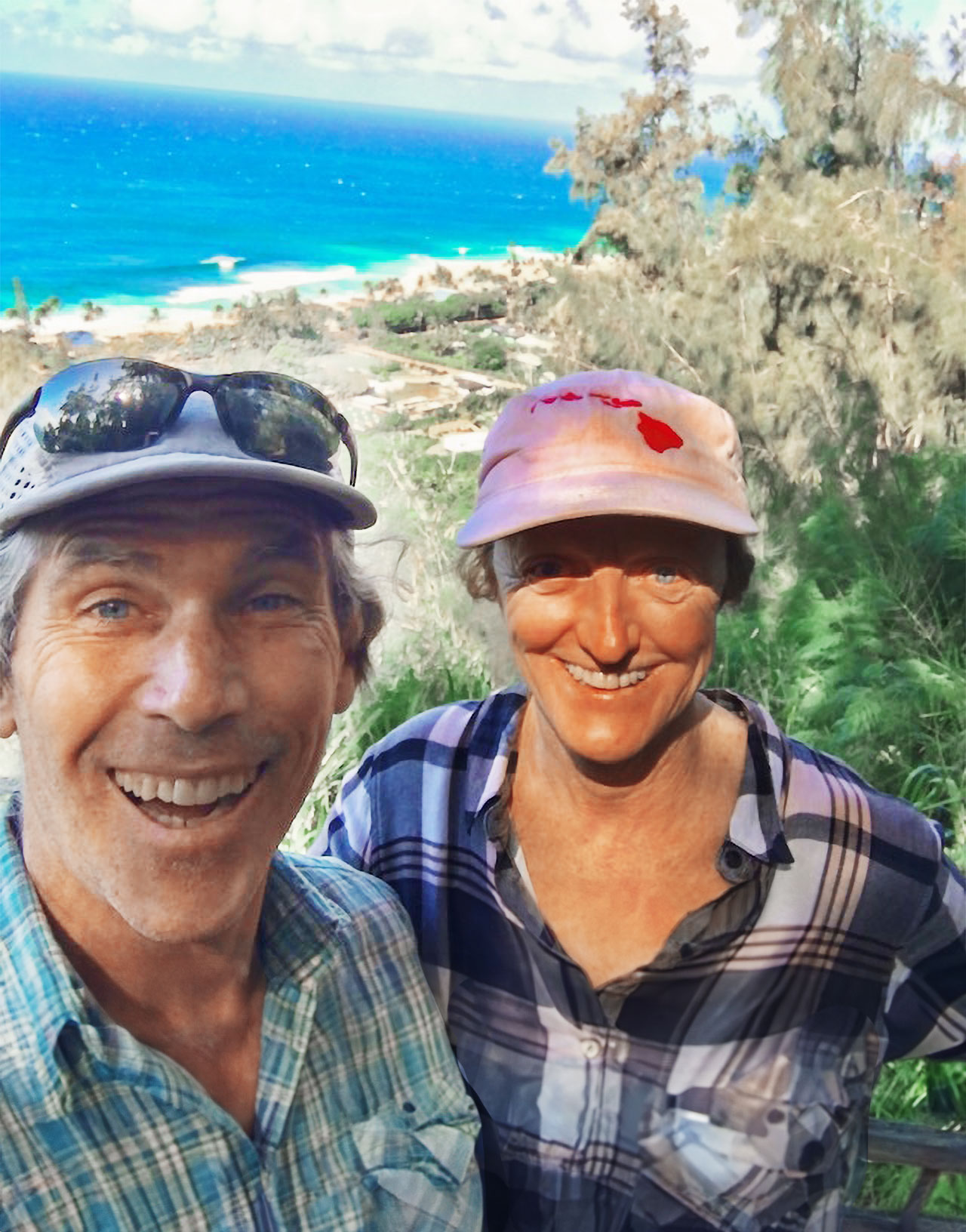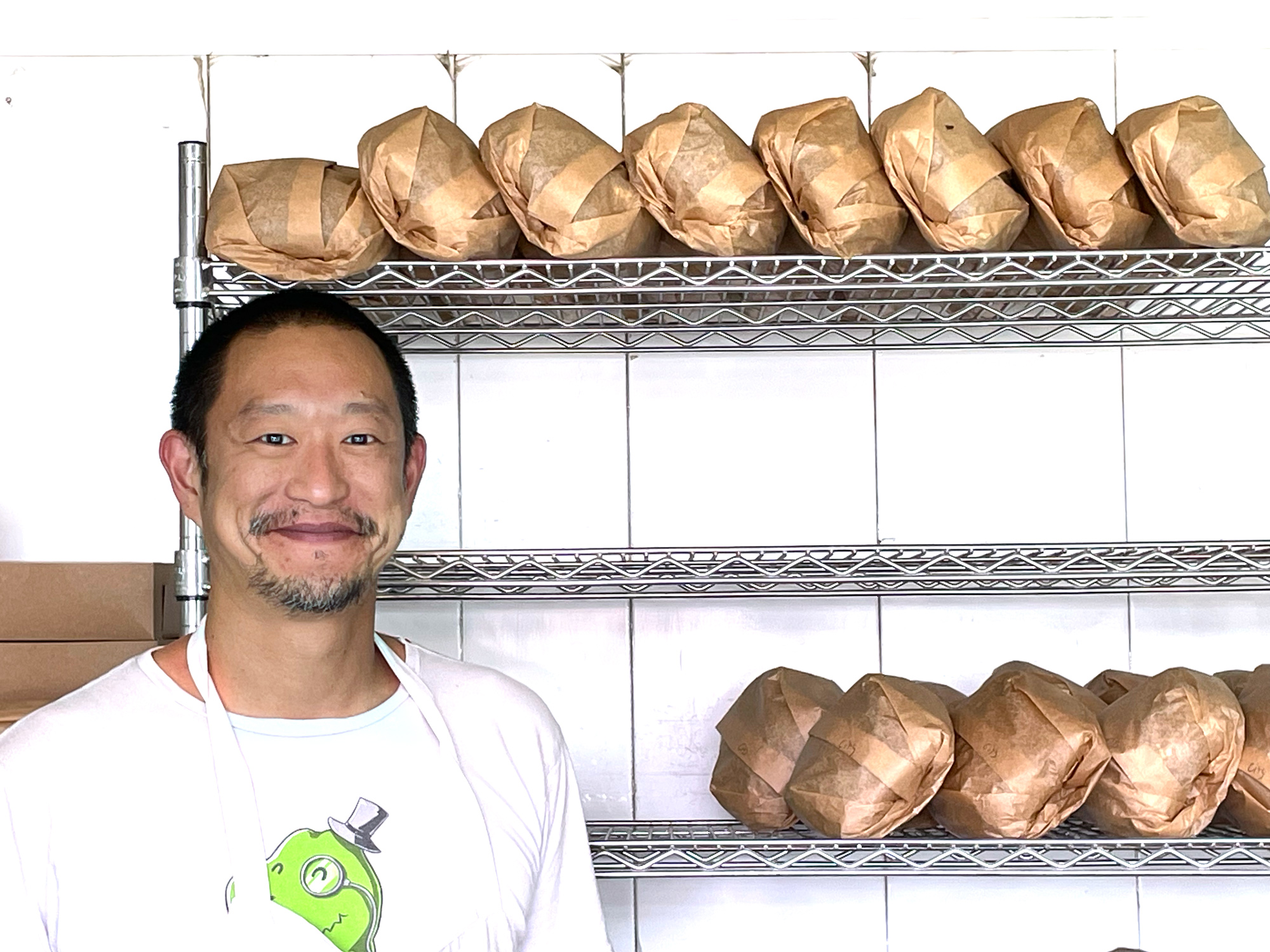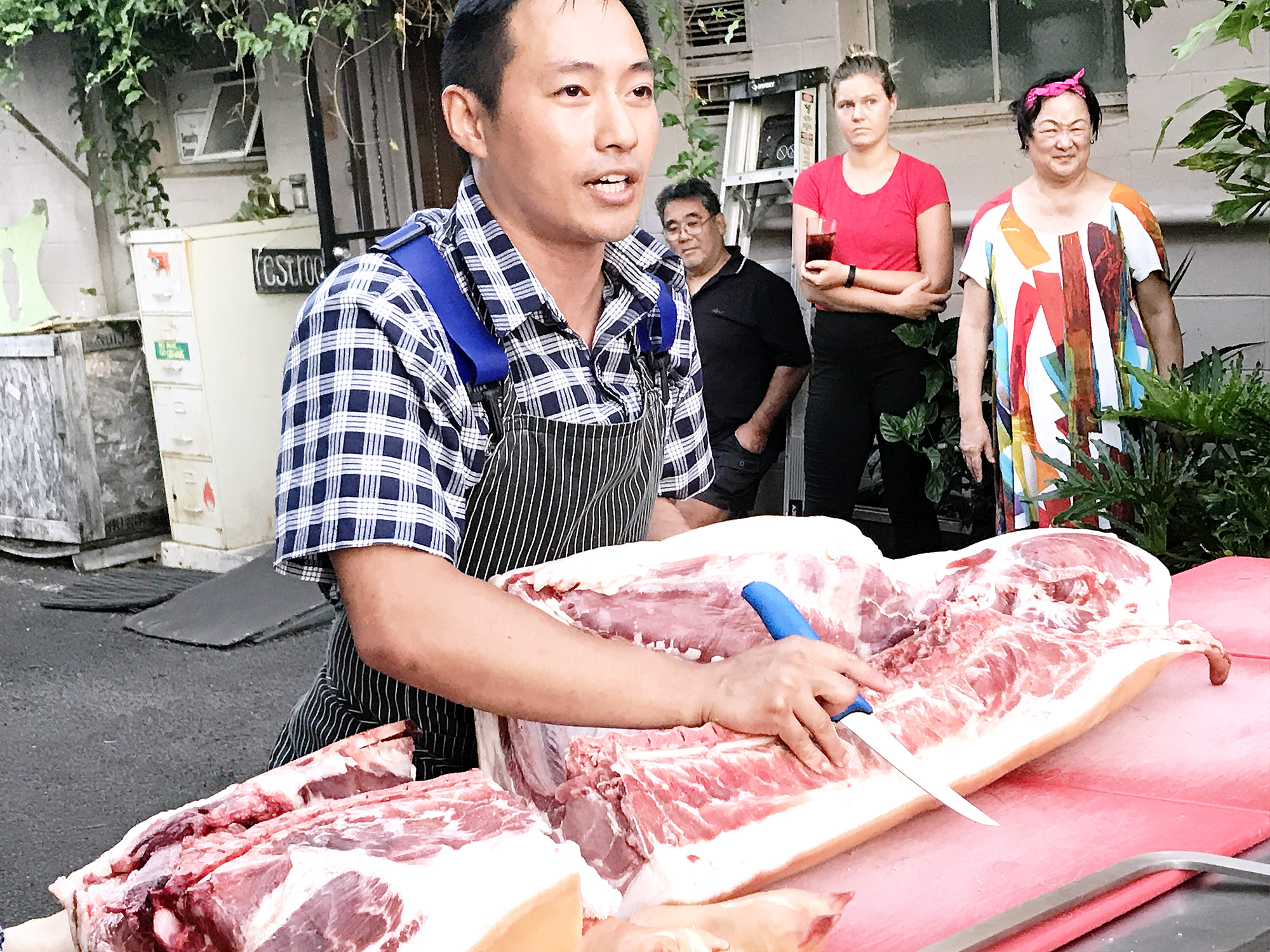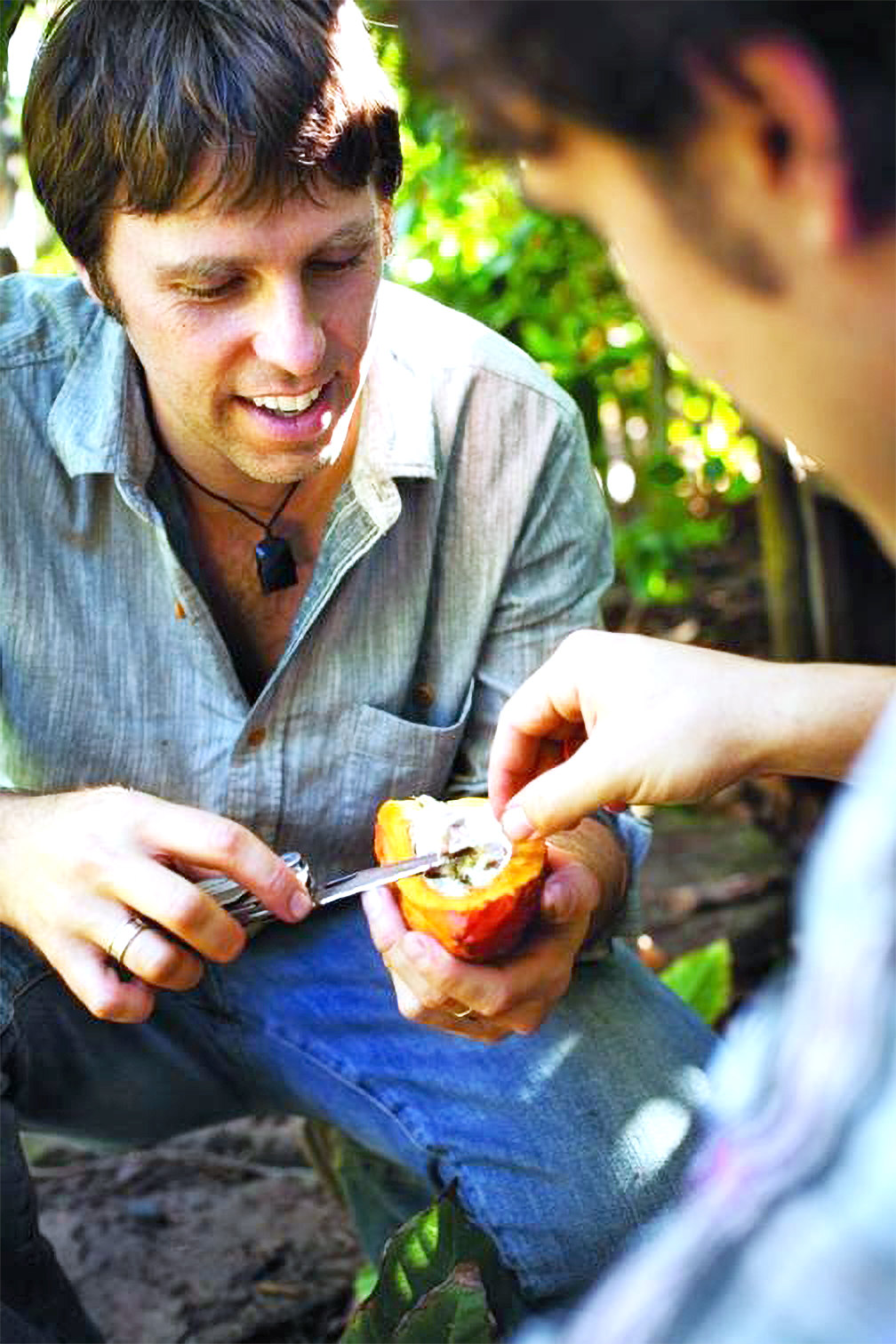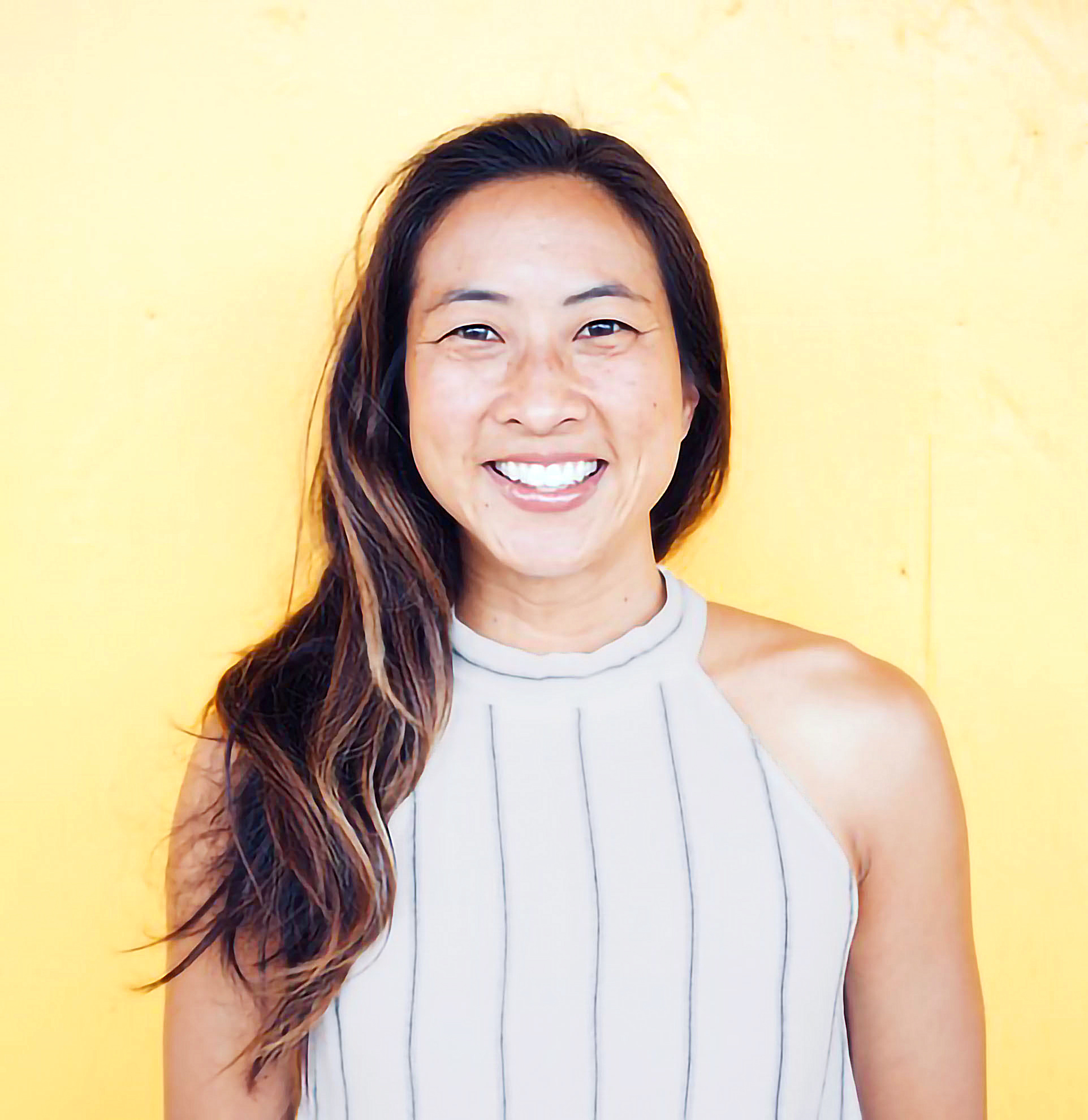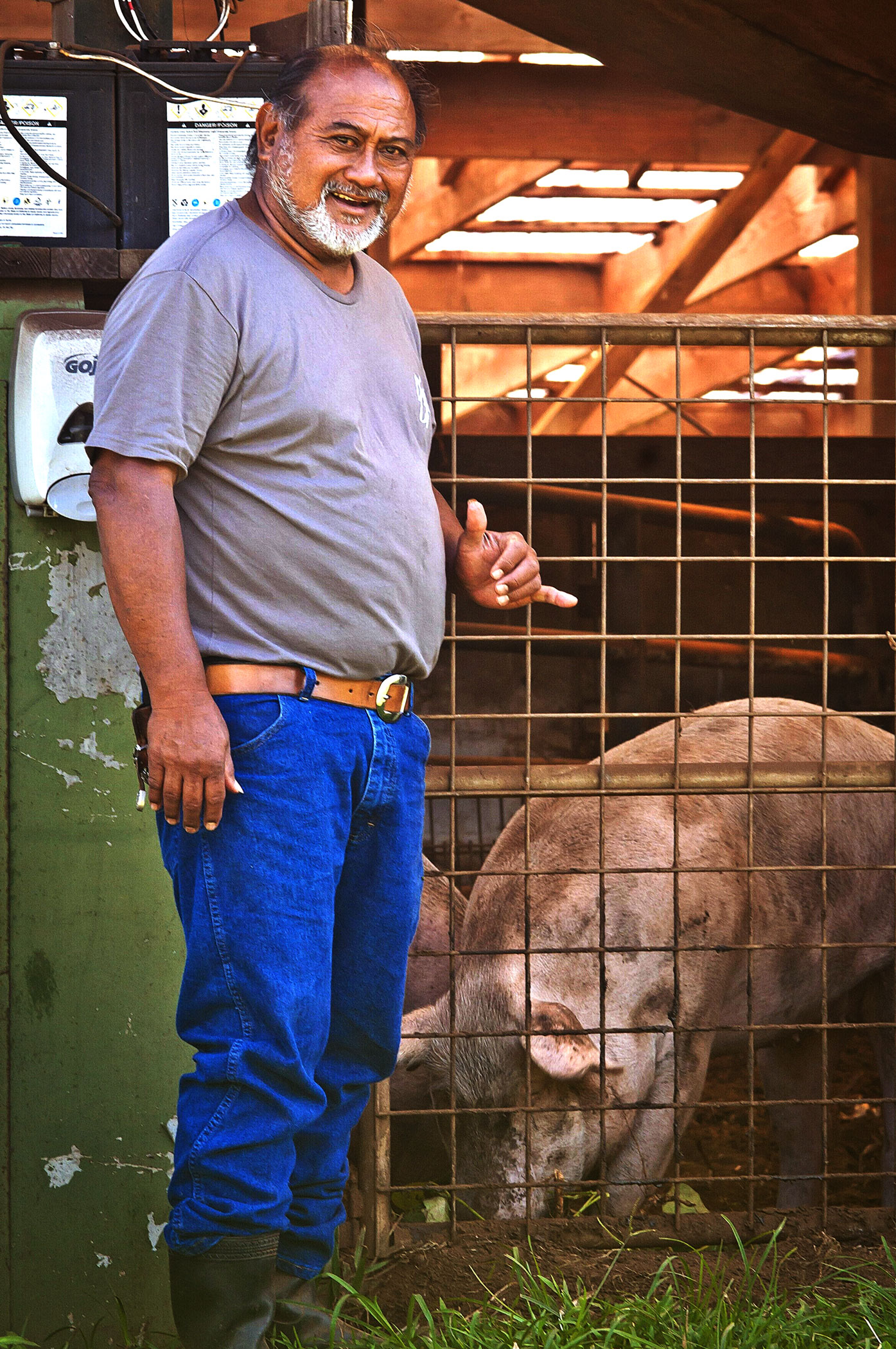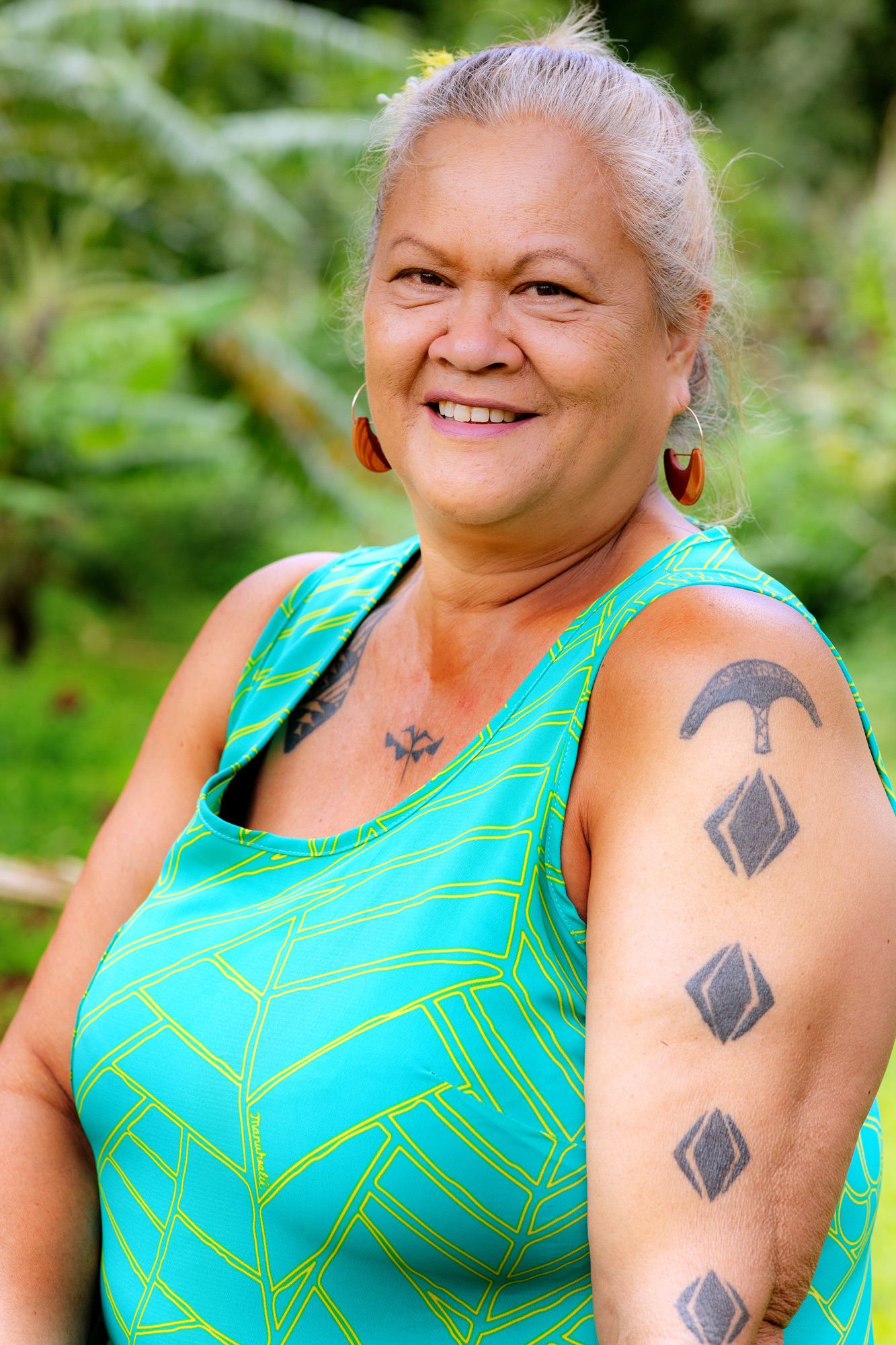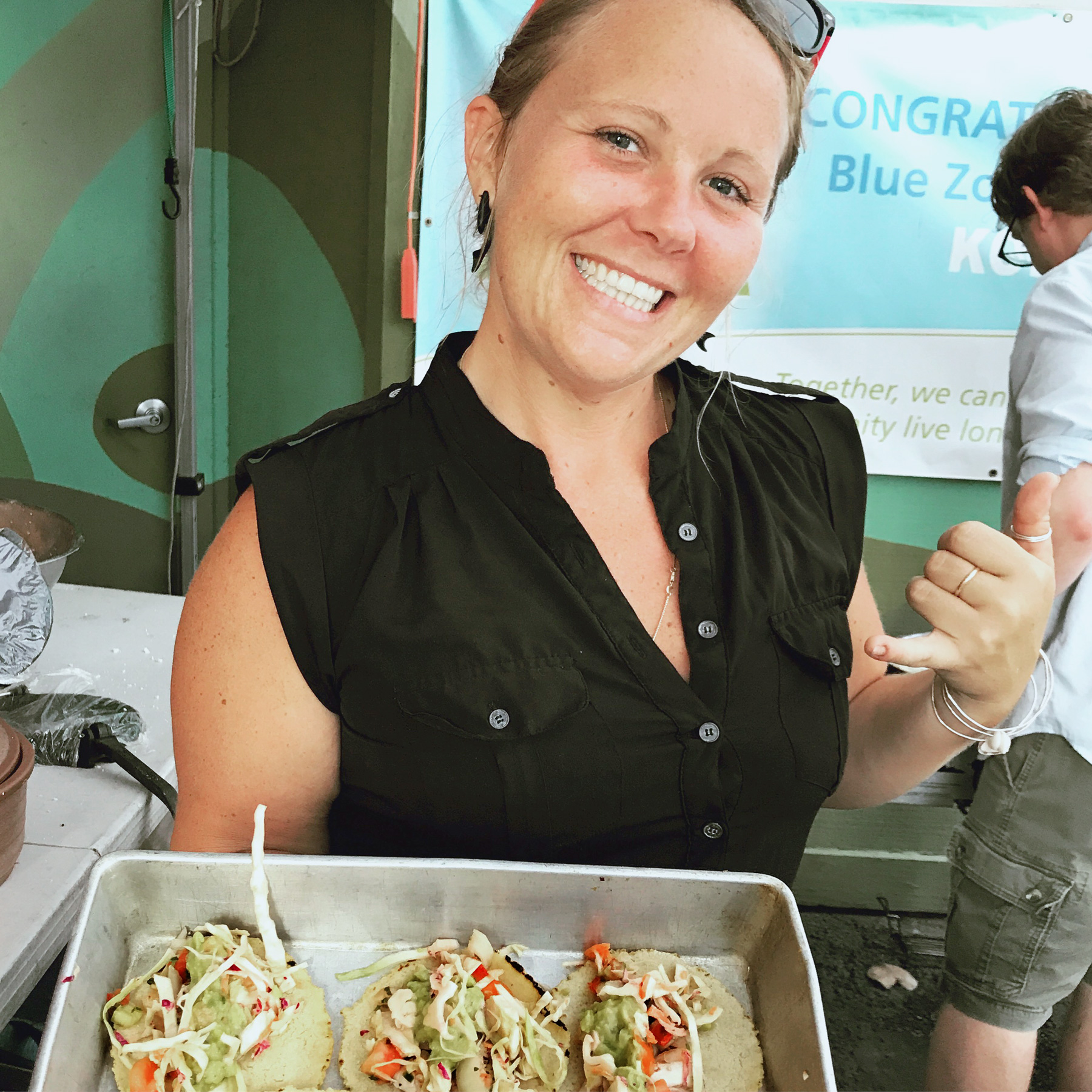Terra Madre
Every two years in the northern Italian city of Torino, Terra Madre & Salone del Gusto bring together Slow Food members from more than 2,000 food communities—small-scale ranchers, farmers, chefs, educators and activists—with the goal of preserving taste and biodiversity. It's been an iconic event in the global food calendar since the early 2000s. The location honors the Slow Food movement's genesis in Italy. The occasion is part conference, part marketplace, part workshop, centered on sustainable agriculture, food politics, traditional and innovative food production, networking, and an overall celebration of good food. Past delegates have described leaving the event with a mix of lightheaded exhilaration and sadness.
Are you interested in attending? In years past, Slow Food Oʻahu has offered financial aid to Hawaiʻi-based applicants for travel to Terra Madre Salone del Gusto. Our target audience for scholarships includes farmers, producers, and chefs who support and expand our local food systems.
Delegates must be or become Slow Food members. In return, we ask that the individual host an event that showcases to our members/guests their work, product(s), or organization and, ideally, fundraise for future delegates. The next Terra Madre Salone del Gusto will be held late September 2024.
For more than 20 years, Slow Food Oʻahu has supported a variety of local delegates, who have formed a bedrock of support in Hawaiʻi nei for local agriculture and food. Please click here to learn more about our past delegates and their organizations.
Terra Madre Delegates from Hawai‘i
MAʻO Organic Farms (MAO)
MAʻO is an acronym for Mala ʻ Ai ʻ Opio, or “youth food garden.” MAʻO’s social-entrepreneurial mission is to provide integrated educational and community-based economic development projects that train and mentor youth to become leaders in empowering their community and the state of Hawai’i toward a pono, healthy, sustainable, and resilient future. Located in Lualualei Valley in Waiʻanae, Oʻahu, MAʻO farms 280 acres. It is on track to increase its fruit and vegetable production ten-fold while also expanding its youth leadership training program four-fold.
J. Kukui Maunakea-Forth
Kukui was born in Nānākuli Hawaiian Homestead and nurtured by her kupunawahine. She has a BA in Pacific Island Studies from the University of Hawai’i. In 2000, she and her husband, Gary, founded the nonprofit Waiʻanae Community Development Corporation (WCRC) and MAʻO. She is executive and programs director.
Gary Maunakea-Forth
Gary was born and raised in Aotearoa in a farming community. He has an MA in environmental and political science from the University of Hawaiʻi. With Kukui, he founded the nonprofit WCRC and MA’O. He is farm operations director.
Derrick Kiyabu
Derrick was born and raised on Oʻahu. He has a B.S. in Agriculture from UH Manoa. After completing his degree, he worked at Hawaiʻi Alliance for Community-Based Economic Development (HACBED) where he met Gary in 2000, when MAʻO was being launched. Impressed by the way MAʻO integrated his interests in community development and agriculture, Derrick worked for MAʻO before and after returning to academia to study Community Food Systems at Michigan State University. Currently he is the manager for agroforestry at Terraformation, a Hawai’i island-based bio-diversity focused carbon accelerator.
Manny Miles
Manny was born and raised in Waiʻanae and is a graduate of Waiʻanae High School, Leeward Community College, and the Universal Technical Institute of Northern California. Manny is a graduate of the MAʻO Youth Leadership Training (YLT) program and is passionate about elevating aloha ʻāīna in service to ʻohana and community. At MAʻO, he is the heavy equipment mechanic.
Derrik Ikaika Parker
Derrik was born in Mākaha, and is a graduate of Waiʻanae High School and the University of Hawaiʻi Leeward Community College (LCC). He is a proud alumni of the MAʻO YLT program and is committed to the MAʻO initiative to support youth. He is now MAʻO food processing and quality control manager.
Cheryse Kauikeolani Sana
Cheryse is a lifelong Waiʻanae resident. She is a graduate of Waiʻanae High School, and the University of Hawaiʻi LCC and UH Mānoa Hawaiʻinuiākea School of Hawaiian Knowledge. Kaui is also alumni of the YLT. While earning her BA in Hawaiian Studies, she committed herself to a career with MAʻO Organic Farms, where she is now general farm manager.
Waianu Farm
Waianu Farm in windward Oʻahu’s Waiahole Valley is bounded on one side by a river and on the other by forest, the terrain catering to a variety of crops. Brothers Charlie and Paul Reppun started farming organically in 1974. Their primary crop is wetland taro, grown in traditional loʻi. Other main crops include corn, sweet potato, breadfruit, coffee, and cacao. The farm makes poi and several specialty products from the coffee and cacao. A greenhouse produces tomatoes and other produce, and the farm has a variety of tropical fruits. Farm products are sold directly to consumers and at the Kalihi People’s Open Market.
Paul and Laurie Reppun / Charlie Reppun and Vivien Lee
Paul and wife Laurie make poi. Charlie and wife Vivien make a specialty product from cacao. They all live on the farm, and have hosted many individuals, organizations, and school groups over the years. Since 1982 (Hawai’i Supreme Court, Reppun v. Board of Water Supply), the Reppun brothers and others have successfully fought to restore water to valley streams for growing taro and protecting estuarine ecosystems.
Kapiʻolani Community College, Slow Food on Campus
KCC’s Culinary Arts program is designed for students who are interested in becoming professional cooks, chefs, bakers, pastry chefs, institutional cooks, kitchen managers, and those who intend to transfer to a four-year college. From 2008 to 2012 the KCC program was augmented by “Slow Food on Campus,” which focused on creating a more environmentally, economically, and culturally sustainable food system on campus. Through advocacy and education, Slow Food KCC engaged the university and food producer communities in Hawaiʻi to support and celebrate the food traditions of Hawaiʻi.
Gida Snyder
A native of New Mexico, Gida’s first career was in the music industry in New York. She later joined her grandmother on Kauaʻi and worked in restaurants. Feeling a fit with food, she earned a degree at the Culinary Institute of the Pacific on Oʻahu. She attended Terra Madre as a student and decided to specialize in food preservation. In 2019, she founded Slow Island Food & Beverage on Kauaʻi with a mission to support farmers, women in food production, and showcase island ingredients in her own line of products. Since then, three of her products have won national Good Food Awards from the Good Food Foundation. And she is now co-owner of Next Wave Poultry on Kauaʻi, specializing in organic eggs and chickens.
Sweet Land Farm
Sweet Land Farm, in Waialua, Oʻahu, is a fully integrated dairy operation started in 2011. The 86-acre farm produces forage, raises 400+ goats, and makes award-winning goat cheese. It is a family endeavor run by Emma Bello McCaulley, her mom, dad, and brother, and is part of the movement to achieve food security in the islands. The farm store, open Fridays and Saturdays, sells goat milk caramel, cheese, lotions and soaps. Tours are given on Saturdays.
Emma Bello McCaulley
Emma is a Wahiawa native. She was working toward a culinary arts degree, foreseeing a career as a pastry chef, when she fell in love with goats and reoriented her focus. She did goat dairy internships on Maui and in California before returning home to make her new dream a reality.
Hoʻokuaʻāina
Hoʻokuaʻāina is a nonprofit established in 2011 in Maunawili, Oʻahu, by Dean and Michele Wilhelm. Their vision was to educate and cultivate the next generation of people committed to living the values and practices of a once sustainable island food system. Together with community collaborators and volunteers, they have restored nearly eight acres of the valley to be productive loʻi. Today, Hoʻokuaʻāina is a gathering place for people in the community to connect with and care for the ʻāina, and perpetuate the Hawaiian culture through farming and preparing traditional foods. Hoʻokuaʻāina works with individuals, families, schools, at-risk youth, and community groups throughout Oʻahu, delivering activities that incorporate cultural values and traditions and center on the cultivation of kalo.
Dean Wilhelm
Prior to starting Hoʻokuaʻāina with Michele, Dean worked for over 13 years in the DOE, primarily teaching at Olomana School, which provides educational services to students at the Hawai’i Youth Correctional Facility. At Ho’okua’aina, he is co-executive director and the lead mentor and teacher for students and volunteers.
Michele Wilhelm
Michele is also co-executive director of Hoʻokuaʻāina. She has engaged in the development of programs, as well as management of all staff, administration, sales, marketing, fundraising, grant writing, and reporting. The Wilhelms have raised their four children at the farm. They grow a variety of foods in addition to kalo, such as breadfruit and cacao, as well as nurture and milk a few goats. With these resources, Michele makes chocolate and a selection of goat milk products.
Farm Link Hawaiʻi
Farm Link Hawaiʻi is an Oʻahu-based online local food marketplace and delivery service, presently serving over 1,000 O’ahu consumers and businesses per month. Its mission is to transform local food production into a thriving industry and make locally produced groceries accessible throughout the islands. The company supports small local farms with the marketplace, as well as shipping and delivery logistics, multi-temp cold storage facilities, demand data, long-term buying commitments, and access to capital. It also facilitates access to local food in underserved communities by accepting SNAP-EBT and Double Up Food Bucks, and providing free delivery for all customers using SNAP-EBT. In 2022, Farm Link Hawaiʻi purchased foods valued at $1,300,000 from over 170 local producers.
Rob Barreca
Rob began his professional career in 1998 as a web designer in the San Francisco Bay Area. In 2012 he left his web career to focus on supporting local food production in Hawaiʻi, and is a graduate of the UH GoFarm Hawaiʻi program. In 2015, he won an agricultural business plan contest (Mahiʻai Matchup) and was awarded five years rent-free on a five-acre parcel in Haleʻiwa, plus startup funds. There he established his farm-and-fermentation business, Counter Culture. He also founded Farm Link Hawaiʻi in 2015, and is presently its chief technology officer.
Claire Sullivan
Claire has dedicated her career to developing a socially, ecologically, and economically vibrant local food system in Hawaiʻi. She has 20 years of experience in the sector, on both the producer and retailer sides of the supply chain. Prior to Farm Link, Claire worked with MAʻO Organic Farms, Whole Foods Market, and Maui Land & Pineapple Company. Claire currently serves as chief executive officer at Farm Link Hawaiʻi.
Fête
Fête restaurant in Chinatown, Oʻahu, calls itself a “Seasonal New American restaurant.” It qualifies itself as offering a Brooklyn brasserie atmosphere in a laid-back island style that’s rooted in farm-to-table practices. In 2022, Fête chef Robynne Maii won a James Beard Foundation award as best chef of the Northwest and Pacific (HI, AK, OR, WA).
Robynne Maii
Robynne is chef and owner of Fête. A Honolulu native, she started her career in food cooking under Hawaiʻi chefs Russell Siu and Pierre Padovani and became a pastry specialist. In 1999, she moved to New York City and worked at Union Pacific and Waldorf-Astoria hotels. Out of the kitchen, she worked for Gourmet magazine and City University of New York. Since 2004, she has been a cookbook judge for the James Beard Foundation.
Tin Roof Ranch
Gary Gunder & Luann Casey
In 2003, Gary Gunder and Luann Casey purchased acreage in Haleiwa and began the process of clearing and nurturing the land to create a sustainable organic farm. They used composting, water catchment, and solar systems to rebuild the soil. Today, their farm produces vegetables and an assortment of fruits: mangoes, avocados, jackfruit, oranges, grapefruit, lemons, limes, acerola cherry, guava, sapodilla, star fruit and star apple, all of which are sold at the Waialua Farmers Market. They also raise a variety of breeds of chickens and sell their multicolored eggs. A new venture is raising heirloom turkeys (hatching 50 eggs at a time), and working with others on the North Shore toward funding for an abbatoir that would serve theirs and other small farms in the area.
Homestead Poi
Homestead Poi focuses on feeding the Waiahole and Koʻolaupoko, Oʻahu, communities by selling poi and produce at the Ben Parker Farmer’s Market. Surplus poi and produce extend to Kailua, Oʻahu, members through Hale Ke Aloha ʻAi Pono, and to Mōʻiliʻili community through Kōkua Market. Homestead Poi was founded by Hanale M. Bishop. He is partners at the farm with his father, Daniel Bishop, and Chance V. Tom.
Hanale Bishop and Meghan Leialoha Au
Living on the farm in Waiahole, Hanale and his wife Meghan, together with other family and friends, raise the produce and make the poi. Hanale was born in Kaʻalea and is also a Hawaiian folk music singer/songwriter.
Breadshop
Breadshop is a craft bakery in Kaimuki, Oʻahu, opened in 2016 by Chris Sy with the motto “established daily.” All products are baked and sold on the day they are baked (products unsold at the end of the day are given to a food pantry).
Chris Sy
Chris is a Honolulu native who fell in love with food through restaurant work just before heading to the University of Chicago. In Chicago, he cooked for his roommates, and upon graduation (BA in English Literature), worked at Trio in Evanston. From there he worked in restaurants across the world—NYC, France, Copenhagen, and Napa, CA--before returning to the islands for positions at Chef Mavro and Town. He settled on bread as “perhaps the most transformative of all foods,” and hopes to impact local culture through Breadshop.
The Local General Store
The Local General Store has transitioned from a farm market-based enterprise to a storefront in Kaimuki. It’s part bakery and part whole-animal butcher shop, selling pastries that feature locally grown fruits and vegetables, and meats from local farms. The store is owned and run by the husband and wife team of Jason Chow and Harley Tunac Chow.
Jason Chow, butcher
Jason is a Honolulu native who earned a BS in Biology at the UH Mānoa and worked in marine conservation before deciding to follow his passion for cooking. His time at Mud Hen Water inspired an interest in finding a way to support the local food system. He moved to Berkeley, CA, to work at The Local Butcher Shop. There he learned the art of butchering and how to fabricate from and utilize the whole animal, making sausages, pates, and other products.
Mud Hen Water
This Kaimuki restaurant was opened in 2015 by chef Ed Kenney. The third of his restaurants, it was established to showcase native Hawaiian food staples—in contemporary styles. Mud Hen Water is still serving meals sourced from local food producers who are called out on the restaurant’s website as “co-producers.” Kenney’s Town and Kaimuki Superette restaurants shuttered during the pandemic. He is continuing now the farm-to-table tradition with a catering/events business that rose from the ashes of Town in 2021. He also owns and operates a neighborhood property known as Kaimuki Town Square that serves as home to Mud Hen Water and an incubator community for the next generation of local food artisans.
Ed Kenney
Ed was born and raised in Honolulu. He went to the University of Colorado for a degree in business and worked in corporate commercial real estate before a trip across the globe inspired commitment to food as “…connecting us to the earth and each other.” He then attended the Culinary Institute of the Pacific at Kapiolani Community College and worked in top Honolulu restaurants before starting Town, his first restaurant, in Kaimuki. Ed’s credo is “local first, organic whenever possible, with aloha always.” Today he also hosts PBS’s Family Ingredients, a Hawaii-based show that uses culture, genealogy, and story-telling to connect people to the food they eat and those they eat with.
Dave Caldiero
Dave was chef at Town restaurant. He then partnered with Ed Kenney to open Kaimuki Superette.
Independent Delegates
Nat Bletter, cacao specialist
Nat has over 25 years of experience in botany, growing exotic fruits and vegetables, and gathering food in the wilds of Asia, South America, Central America, and Africa. He received a Ph.D. in Ethnobotany from the City University of New York and New York Botanical Garden, where he researched medicinal plants of Peru, Mali, and the Guatemalan Mayans; food plants of Thailand and Laos; and stimulant plants such as cacao. His work with cacao spurred him to start an artisanal chocolate company based on Oʻahu, Madre Chocolate. At Madre Chocolate, Nat has been the “Flavormeister” since 2010. His work to create fermentation programs for farmers in Hawaiʻi has helped propel single-origin chocolates from Hawaiʻi onto the international stage.
Martha Cheng, food and culture writer
Martha is a San Francisco-born, Honolulu-based food and culture writer whose work has appeared in publications including The Wall Street Journal, The Washington Post, Food and Wine, Eater, Monocle, Hana Hou, and Conde Nast Traveler. She is also the food editor for Honolulu Magazine. Martha earned her culinary chops while cooking in restaurants and running a grilled cheese truck. She has degrees in Computer Science and English from Wellesley College, and maintains that good surfing keeps her committed to living in the islands.
Paepae o He’eia
Paepae o He’eia is a private non-profit organization dedicated to caring for He’eia Fishpond – an 88-acre ancient Hawaiian fishpond located in He’eia, O’ahu. Hawaiian fishponds, walled coastal ponds, are a unique form of aquaculture found nowhere else in the world. The ancient fishponds ensured Hawaiians had a dependable source of fish.
Angela Hi’ilei Kawelo
Hi’ilei is founder and executive director of Paepae o He’eia. She is a native of Kahalu’u,
O’ahu became Executive Director in 2007 after having served as an educator, facilities manager and Kū Hou
Kuapā Coordinator for the organization for over six years. Raised in Kahalu’u by her fishing family, she has
been a student to the art and science of lawai’a and Kāne’ohe Bay her entire life. She holds a BA degree in
Zoology from the University of Hawai’i.
Keli’i Kotubetey
Keli’i is founder and assistant executive director of Paepae o He’eia and a Kailua native.
He was an educator and the fiscal manager of Paepae and now is coordinator of its community-based economic
development program (CBED). In this role, he is responsible for bringing awareness of the fishpond to the
community while also leading the production and sale of He’eia fish and limu. Keli’i received a BA in
Economics from Whitman College and an MA in Business Administration from the University of Hawai’i.
Slow Food Nations Delegates: Denver
Slow Meat Kohala
Jileen Russell
Since 1999, Jileen and her husband, Richard Russell, have owned and operated Puu o Kumau Ranch near Hawi on Hawaiʻi island, raising grass-fed cattle on land that they sustain with a dedication to the environment. Jileen is also a Feldenkrais Method teacher, helping people rediscover their capacity for graceful movement. She teaches now out of her studio on the ranch property.
Kahua Paʻa Mua
Kahua Paʻa Mua is a nonprofit organization dedicated to supporting North Kohala, Hawaiʻi island families through ‘aina-based education for youth and adults. David Fuertes founded Kahua Paʻa Mua in 2010 to expand upon the work of former Palili o Kohala cooperative. Kahua Paʻa Mua provides resources for families to grow traditional Hawaiian crops and row crops, as well as chickens, pigs, and fish. It offers school and community groups hands-on experience with natural farming.
David Fuertes
David is known as “the grandfather of North Kohala agriculture.” In his more than 40-year career in agriculture, he has taught at the state level and served on numerous state agriculture commissions, and was chairperson for the DBEDT community-based economic development board. He is also certified in Korean Natural Farming. He is a part-time rancher, saddle-maker, and tireless advocate for food self-sufficiency statewide.
Kōkua Kalihi Valley
Kōkua Kalihi Valley (KKV) started with four community aides knocking on neighborhood doors in 1972. Today it is a federally qualified health center that serves the diverse community of Kalihi on Oʻahu, providing primary care, dental care, mental health care, elder care, and pharmacy services. KKV is also the nation’s only community health center to have a 100-acre nature preserve. Programs at the preserve support the use of traditional healing practices, restoration of ancient places, and connection to ʻāina through reforestation and food production. Roots Café was established at the Wellness Center in 2013. The café and cultural food hub provide fresh local, sustainable produce, proteins, meals, and value-added products while supporting over 25 small organic farms.
Kaʻiulani Odom
Kaʻiulani has a BS in Human Nutrition and Dietetics from University of Hawaiʻi, and an MPH in Nutrition. She has been leading culturally-based nutrition and health programs for over 30 years. She is director of KKV’s Roots program, established in 2011, where she oversees all program operations including the food hub, café, community gardens, nutrition education, produce prescriptions, cultural birthing, and family health programs.
Independent Delegates
Lindsey Ozawa, chef
Lindsey’s Hawai’i connection started with his grandfather as first chief of staff at Castle Hospital. Lindsey grew up on the mainland but transitioned here from Nobu Vegas as soon as he got the opportunity. He was a partner in V Lounge and Prima restaurants and left the kitchen to join nonprofit Kakoʻo Oʻiwi farm in 2014, a project to restore the ecosystem and taro and banana productivity of 400 acres in Heʻeia, Oʻahu. In 2020, Lindsey and Aker Briceno saw a pandemic-driven need for good food fast and opened ʻIliʻili Cash and Carry in Honolulu, offering pizza, local foods, wines, local produce, and designer clothing.
Slow Fish: San Francisco
Local Iʻa
Local Iʻa, based in Kaimuki, Oʻahu, sources local, in-season seafood from fishers who use sustainable, pono practices. Products are distributed directly to consumers through its subscription-based, community supported fishery program and at the storefront and Mililani Farmers Market. Local I’a places emphasis is on using the whole fish: It utilizes parts to make pet treats, fish stocks, and soups. Local Iʻa defines its pono fishing practices on its website to highlight the care employed—by both the fishers and Local Iʻa—to honor and protect Hawaiʻi marine resources.
Ashley Watts
Ashley is owner and operations manager for Local Iʻa. She comes from a Florida fishing and farming family, and says marine conservation has been her ambition since childhood. She holds a BS in marine biology and an MS in Zoology. Ashley moved to Oʻahu in 2007. She worked for NOAA’s Pacific Islands Region Observer Program for seven years, collecting data on commercial long-line vessels out of Honolulu. She was Port Coordinator for her last five years with the Observer program. Prior to Local Iʻa, she worked with Onopops, a local, organic popsicle company on Oʻahu.
